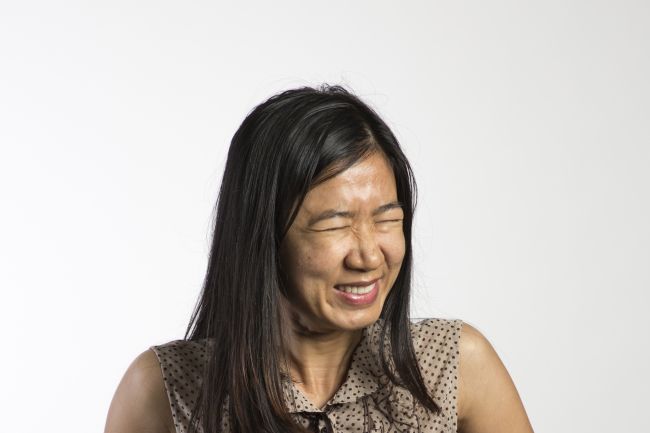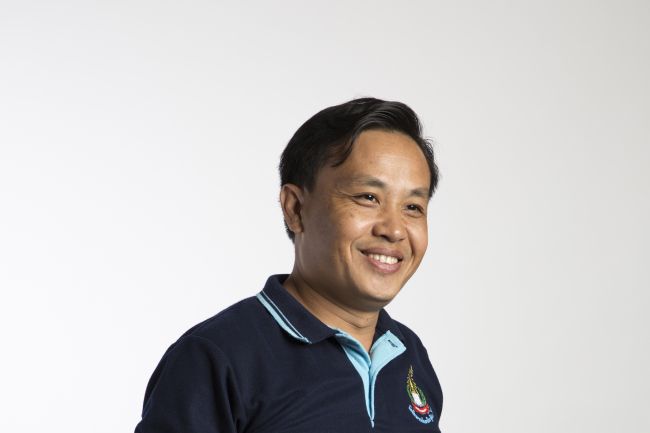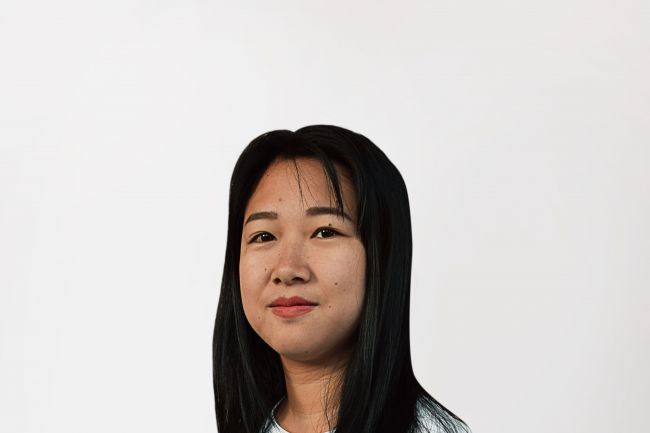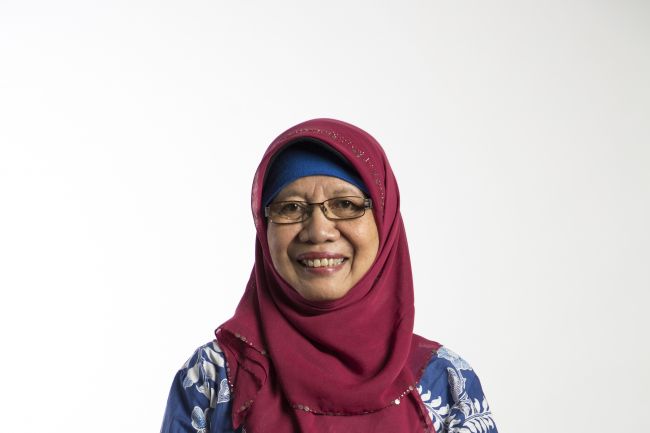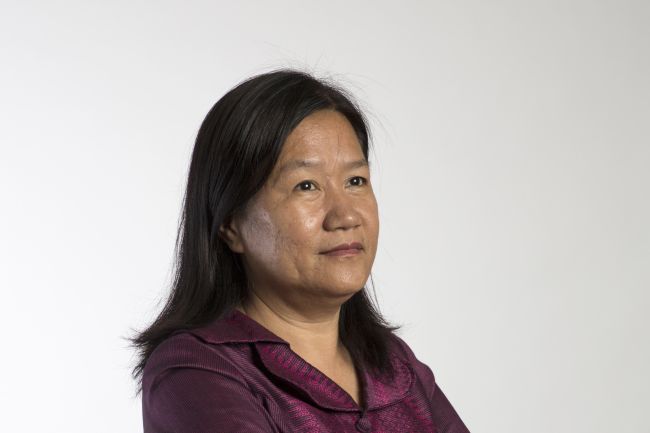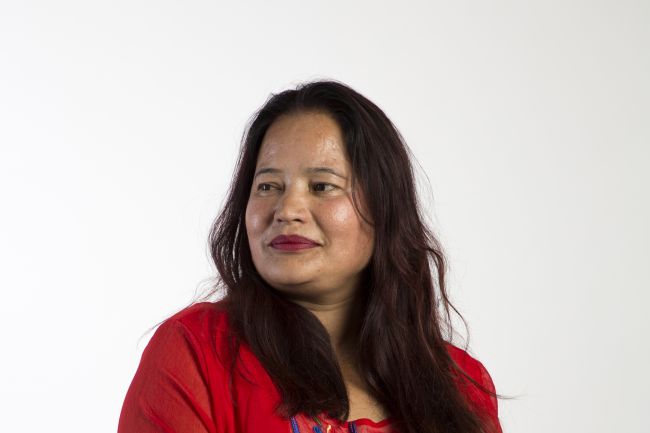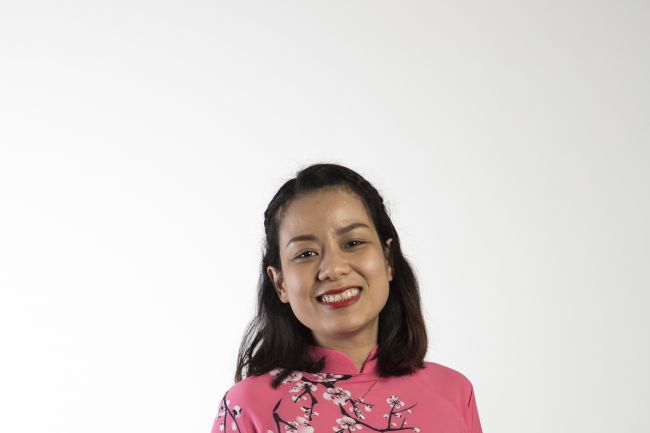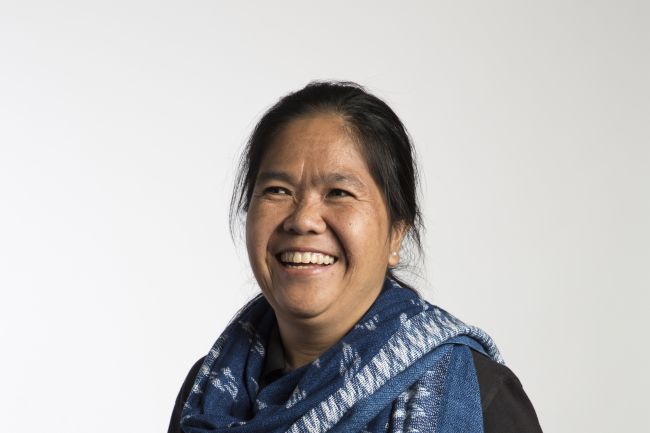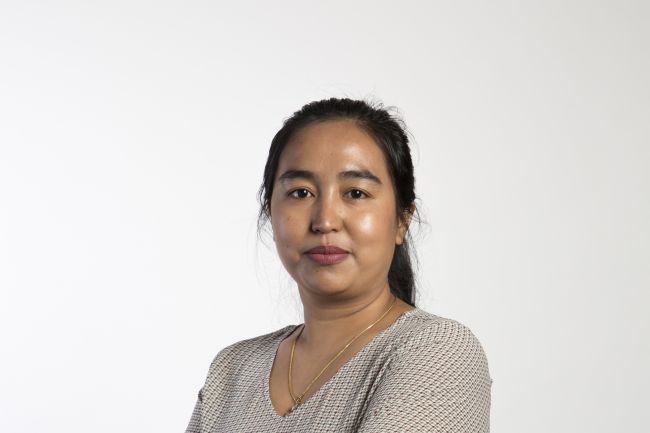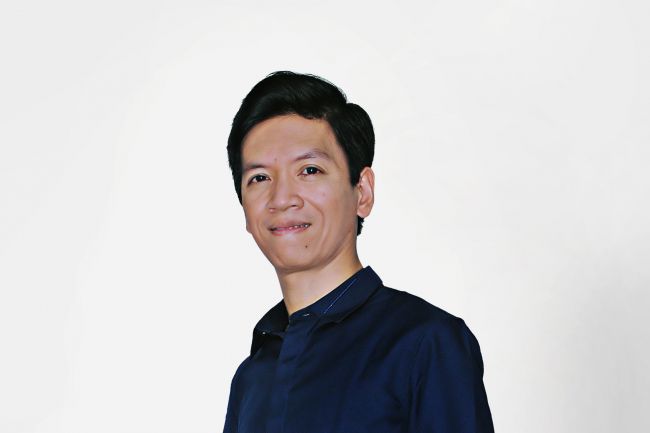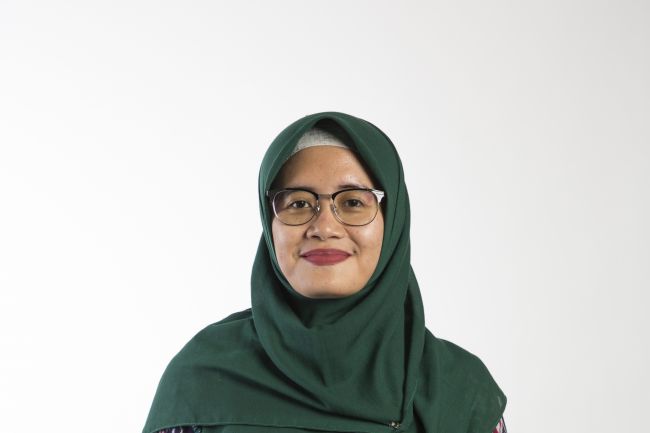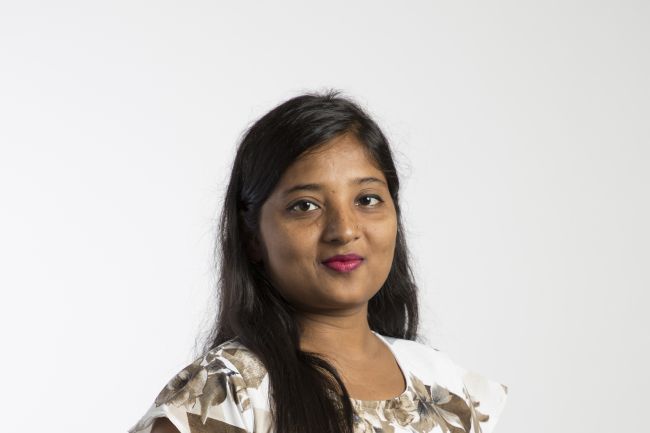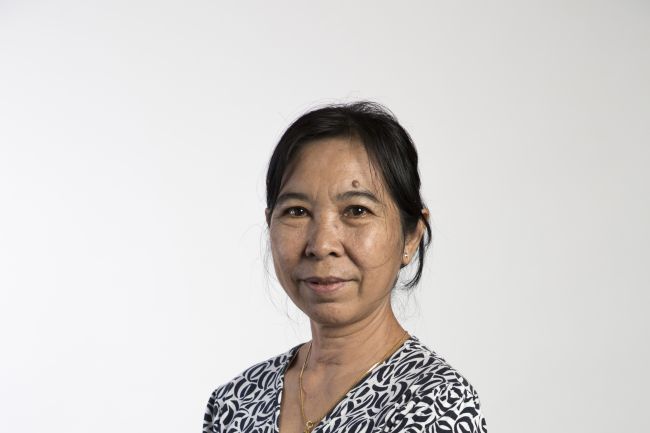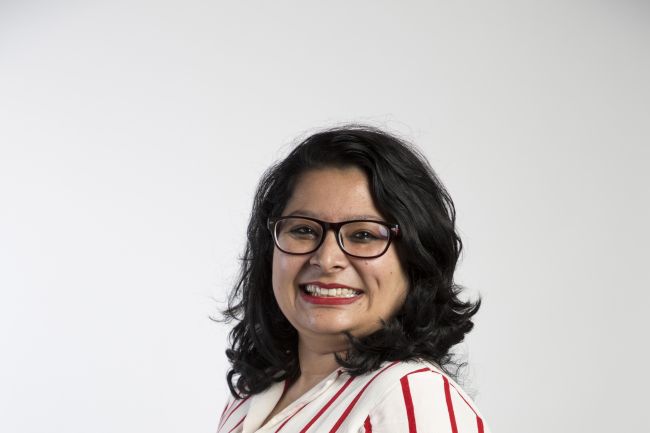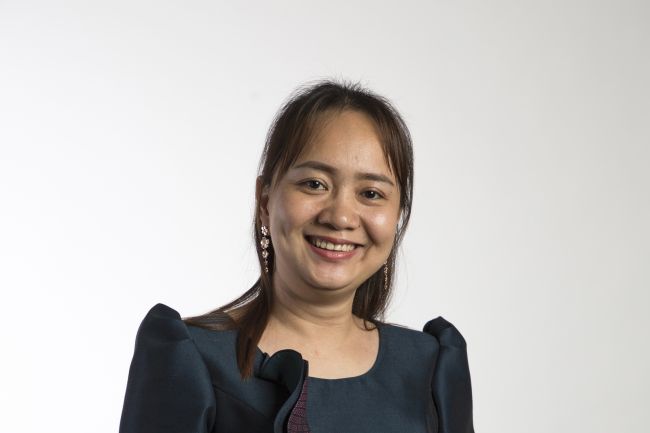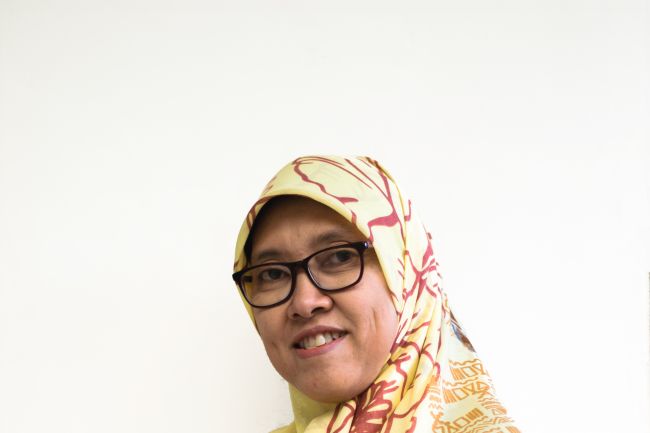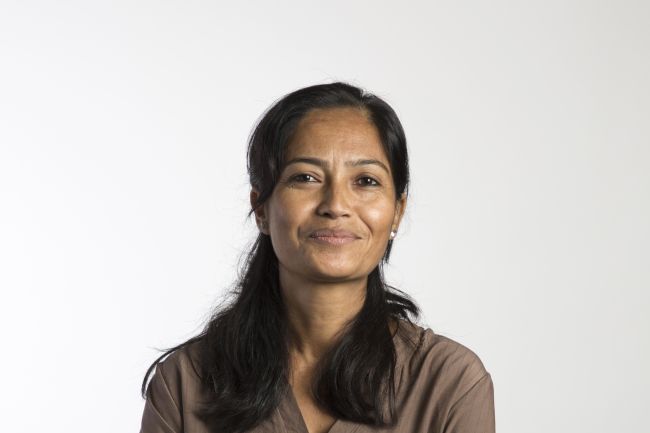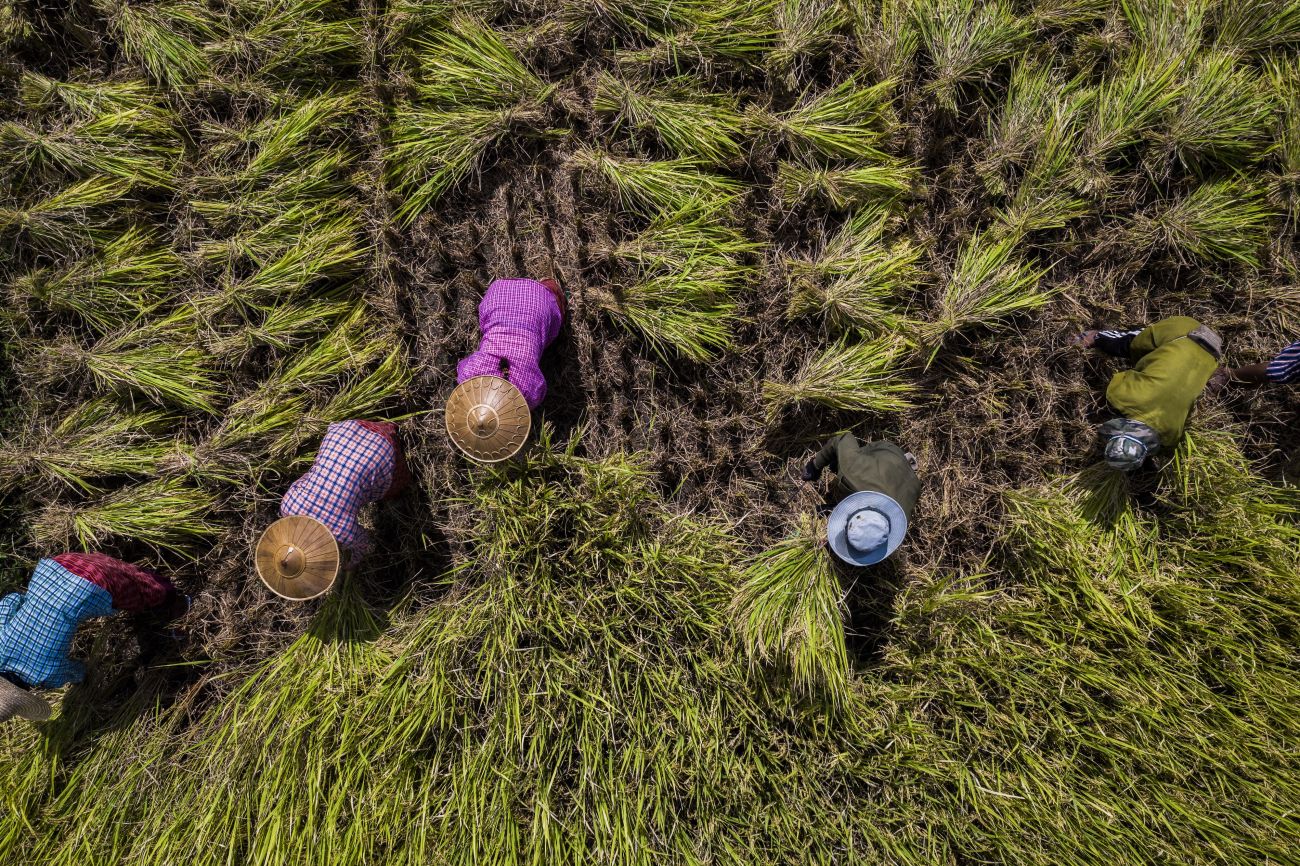
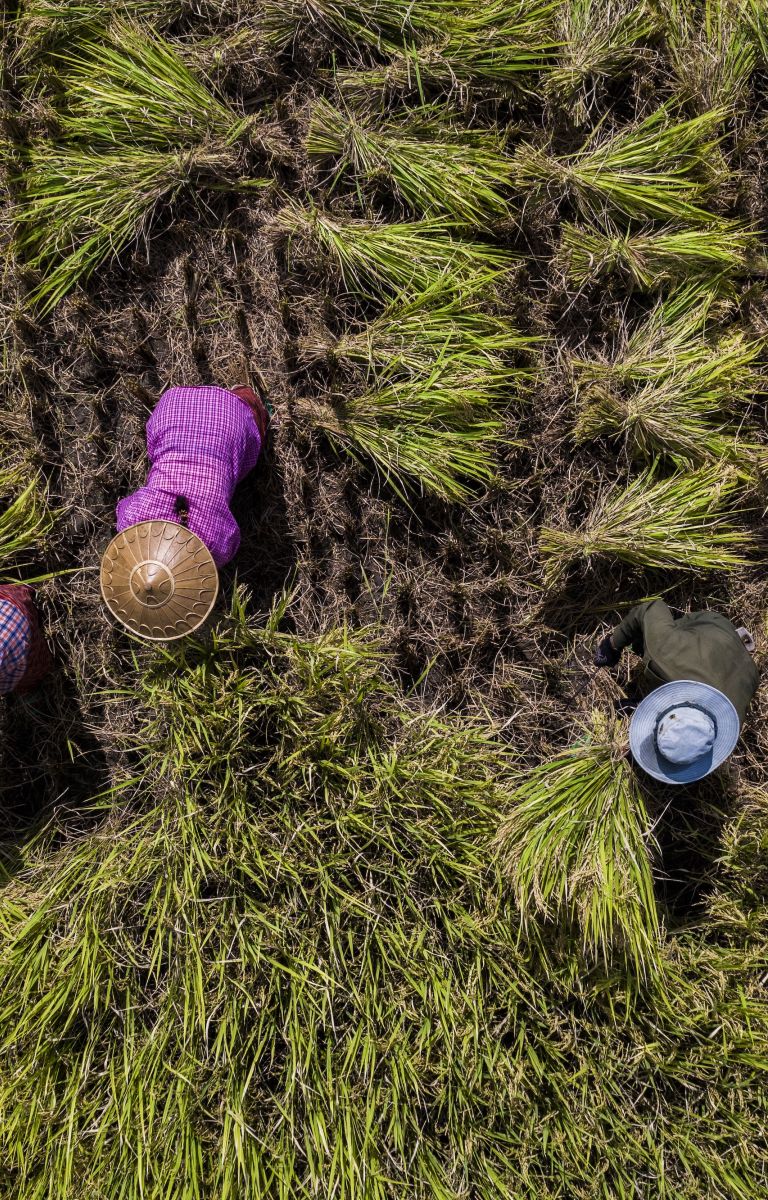
When the Beijing Declaration and Platform for Action was agreed 25 years ago this coming September, the gender agenda it sparked was expected to open up economic sectors as well as leadership and education opportunities to marginalized groups, largely women and girls, but also men.
Without a doubt, there has been good progress. But we are nowhere near where we need to be. Especially if we want to stop climate change and ensure that vulnerable groups do not bear the greatest impacts.
RECOFTC launched a program in 2019 to cultivate gender champions and deepen their influence and impact. The three-year Weaving Leadership for Gender Equality initiative, known as WAVES, has built a network of 31 gender leaders who are influencing gender equality in climate change, REDD+ and forestry, law enforcement, governance and trade policies and processes in seven countries of the Asia-Pacific region.
“The approach to gender mainstreaming has been failing to achieve the vision of the Beijing Platform for years,” says Kalpana Giri, a forester and social-environmental specialist with RECOFTC who leads the WAVES program. “We need to correct that with a paradigm shift that makes gender equality the core business of development cooperation everywhere, including forestry.”
“Governments, donors, non-profit organizations and the partnerships we build, must work differently to achieve gender equality in leadership, representation and access to and influence over the allocation of resources. WAVES leaders are proving what can be done.”
These women and men include academics, journalists, government officials and directors of civil society organizations. They are reviving and driving the gender agenda and reminding their societies that the goal is inclusion and social justice.
Through the WAVES initiative, WAVES leaders are applying the guiding call of the 2030 Agenda for Sustainable Development: to leave no one behind as development marches on. They believe that women and men must access and benefit from the world’s resources fairly and equally and in ways that improve their well-being and that of their communities and the environment.
WAVES leader Novaty Dungga, a lecturer at Hasanuddin University in Indonesia has integrated a gender lens into her curriculum.
“I’m changing the popular narrative about gender in my country so that more people will know that gender is not only about violence against women but also about providing equal opportunity to everyone in the community to enjoy the benefits of development in ways that are just and sustainable.”
Dungga is asking her colleagues in other faculties to follow her lead and include gender in their curriculums.
To benefit from the world’s resources, women and men must equally share in policy-making and access to resources. But according to the United Nations Environment Programme, women worldwide as of 2019 produced between 60 and 80 percent of food while only owning 2 percent of land.
Policies are changing slowly because women are moving at a snail’s pace into governance positions. As of February 2019, only 24 percent of all national parliamentarians were women, a scant increase from 11 percent in 1995, according to the Inter-Parliamentary Union. The United Nations reports that women's representation in elected local bodies in 103 countries and areas with data varied from less than 1 to 50 percent, with only a median of 26 percent as of 2019.

"My main goal is to make stakeholders understand that gender equality is the work of everyone, and that it will benefit everyone. In a few years’ time, I foresee that stakeholders and leaders will see this work as a joint responsibility rather than consider it as benefiting only women.”
The Chhun Hak, WAVES leader and Director General at Ministry of Women’s Affairs, Cambodia
Elsewhere in Indonesia, Dian Nurhadiatin heads the Sub-Division of Gender Facilitation and Family Planning in the Ministry of Women Empowerment and Child Protection. Through her participation in the WAVES initiative she is working to overcome cultural fears.
“In my country, gender is often considered as an issue from abroad. There is also a misunderstanding that gender refers only to women. I believe that it is my responsibility to change the community’s perspective that gender is not only for women but about quality among men, women and other marginalized groups. For example, when I was in Sumatra, I met a community group who believed that gender is something against their nature and culture. They believed that my team and I are encouraging women to fight and not obey their norms. We tried to approach this group by explaining that gender is not like that.”
Meet the WAVES leaders working to achieve gender equality in Cambodia, Indonesia, Lao PDR, Myanmar, Nepal, Thailand and Viet Nam.
Click any image to enter the photo gallery
###
For more information on the Weaving Leadership for Gender Equality initiative visit WAVES.
RECOFTC's work is made possible with the continuous support of the Swiss Agency for Development and Cooperation (SDC) and the Swedish International Development Cooperation Agency (Sida).


